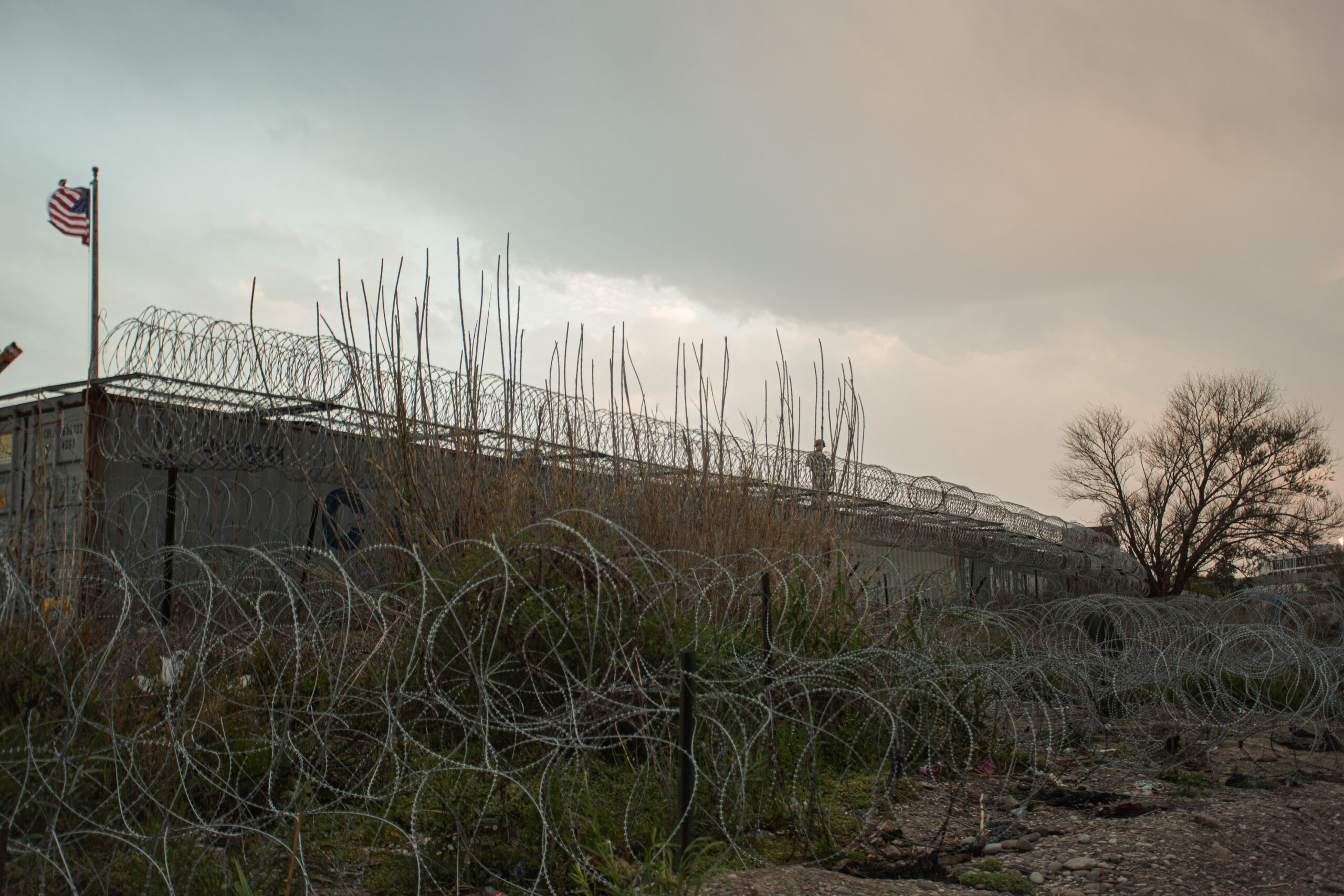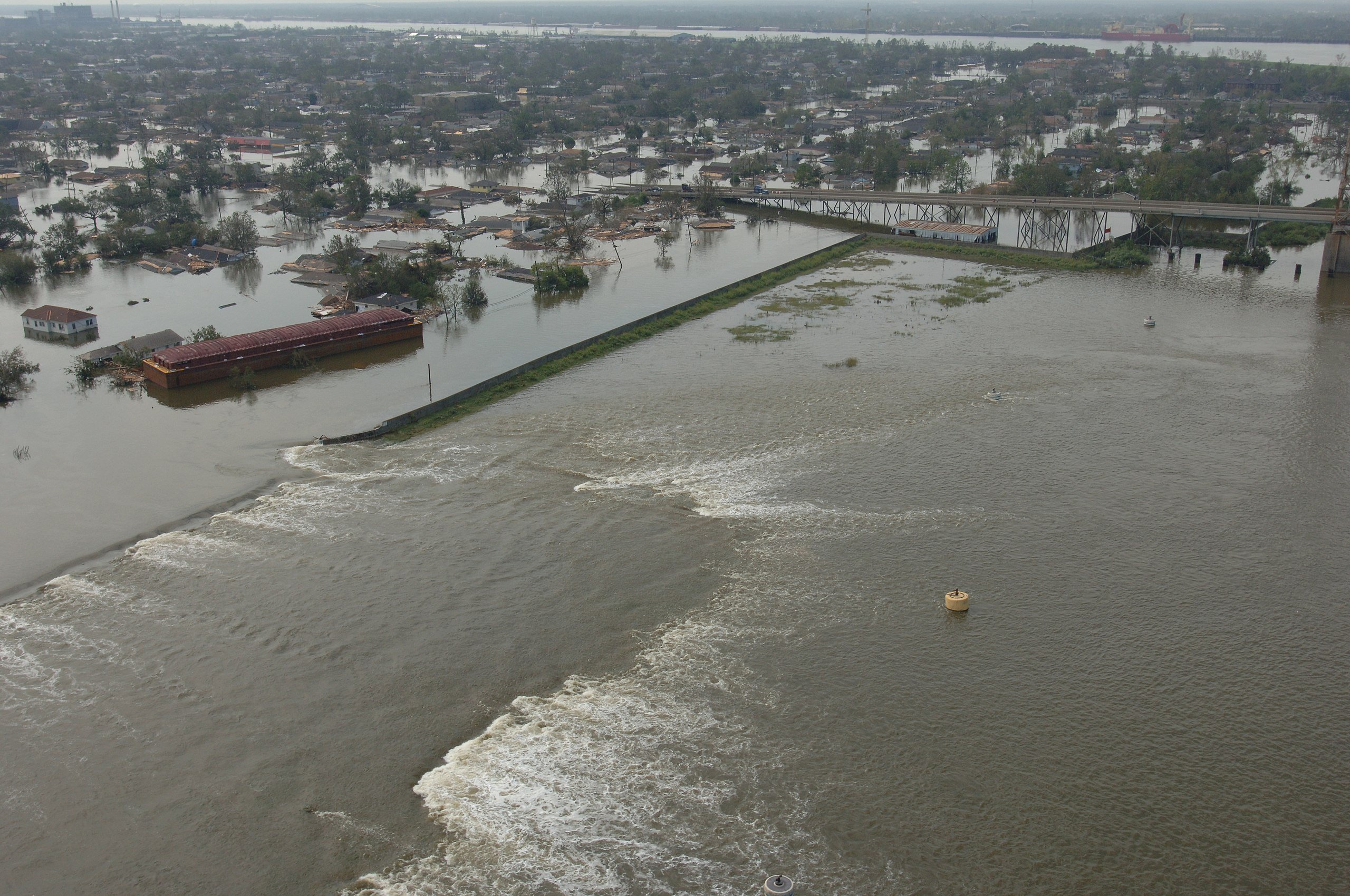The Eyes of Texas Cops are Upon You
Police are buying license-plate readers so they know where you go.

One day in June the police in the Dallas suburb of Highland Village received a call from a motorcyclist, who complained that he’d nearly been run off the road by a car. With only a license plate number to go on, the cops decided to try out a powerful new tool. The Highland Village Police Department had used $60,000 in federal stimulus funds four months earlier to purchase three automated license plate recognition systems.
License plate readers are a deceptively simple technology: They basically consist of cameras – either in a fixed location or mounted on the top of a car – that are capable of capturing and processing thousands of license plates each hour even at high speeds, low light and bad weather. The plates are then automatically checked against databases of stolen vehicles, warrants, kidnapped children, and more.
Whereas before a patrol officer might have been able to check a dozen or so license plates in a shift, the computer can check hundreds a minute. All the cop needs to do is wait for the system to alert him to a match.
“The scanners are fantastic,” said Highland Village Police Chief Ed O’Bara. “It’s amazing how they can process information from the license plates.”
Developed three decades ago in the United Kingdom as a way to prevent IRA car-bombers from entering London, license plate readers have only caught on in the U.S. in the past few years. Expense has been one barrier; each unit costs at least $17,000. President Barack Obama’s Recovery Act, though, is helping law enforcement purchase the equipment. In Texas, 14 agencies – from the tiny Penitas Police Department in the Rio Grande Valley to the Precinct 7 Constable in Harris County – have used over $1.2 million in stimulus funds to buy automated license plate readers, according to figures maintained by the governor’s office.
Innovators in law enforcement – egged on by the technology’s vendors – are putting their new toys to creative use. There’s little doubt that the license plate readers could help law enforcement with critical duties. But what can help nab a fugitive or recover a stolen vehicle can also be used to conduct mass surveillance or target political dissidents.
Some law enforcement agencies, like Highland Village, are also storing the data they collect for years, creating vast warehouses of information, including the exact time and location of vehicles scanned, that can be mapped, searched and data-mined.
In the case of the road-rage suspect, O’Bara’s officers punched the license plate into their database and, seconds later, were amazed by the results.
“It basically gives us a map and it shows every place in our city that we had picked up on this license plate, which was astronomical,” said O’Bara. Unknowingly to both the driver and the cops, the license plate scanners had detected and recorded the precise location, time and date of the driver’s car at least two dozen times in the previous three to four weeks.
Many of the hits were clustered in a shopping center, where, as the cops discovered, the man worked. In the end, no arrests were made and the cops probably could have found the road-rager using more traditional methods. But for O’Bara, the experience underscored his belief that the technology could revolutionize policing in much the same way that DNA, fingerprinting, and breathalyzers have.
“Simply limiting the ability of this machine to stolen cars is insane,” O’Bara said. “I looked at it and I saw a hundred different opportunities.”
O’Bara says he’s leading his own grassroots initiative in the Metroplex to interest law enforcement in stitching together a network of scanners.
Others are thinking along the same lines. Police in nearby Grand Prairie want to share license plate data with neighboring jurisdictions, said Sgt. Eric Hansen with the Grand Prairie Police Department. “It’s a very useful tool for law enforcement in locating criminal suspects,” Hansen said. Grand Prairie received over $190,000 in stimulus funds to purchase 10 license plate scanners. Their grant proposal explains that the “date, time and GPS coordinates of every license plate scanned will be stored and mapped.”
O’Bara is dreaming even bigger. He envisions eventually creating a national network of license plate scanners linked to databases of felons and even “persons of interest” such as individuals on the government’s terrorist watch list. “That’s the Holy Grail of this system,” he said.
“With this data and enough units in the field it will be possible to literally track with the satellite geo-mapping aspect of the units all hits on these subjects as they travel about the country,” O’Bara wrote in an email to the North Texas Crime Commission that he shard with the Observer. O’Bara says he’s reaching out to federal agencies and intelligence shops like the border-focused El Paso Intelligence Center.
The Department of Homeland Security is already laying the groundwork for exploiting the surveillance powers of license plate recognition technology. In late June, Obama’s homeland security director Janet Napolitano announced a partnership with the Office of National Drug Policy on something called “Project Roadrunner,” a network of license plate cameras along border routes designed to sniff out border smugglers. Meanwhile, Del Rio and El Paso received $185,000 and $450,000, respectively, to purchase license plate cameras for “border security,” according to a terse project description provided by the governor’s office.
The implications for citizens’ privacy and civil liberties are staggering.
Because people spend so much time in their cars, especially in car-dependent metropolises like Dallas-Fort Worth, investigators or homeland security officials can potentially glean very personal information from the license plate data. In the United Kingdom, authorities have access to a national database, which has been used to “mark” the cars of anti-war demonstrators.
“So what it basically means is that if someone wants to go look for anyone who’s driven to a gay club they can just do it,” said Andrew Blumberg, a mathematics professor at the University of Texas, who also works with the Electronic Frontier Foundation. “If they want to look for anyone who’s driven to a known location where libertarians meet they can do it; if they want to look for anyone who’s Jewish they can look for everyone who goes to the synagogue. They can do it and it costs nothing. … The potentials for abuse are unlimited.”
Congress and the courts have provided little to no guidance on the appropriate use of license plate readers, said Lee Thien, a lawyer with the San Francisco-based Electronic Frontier Foundation.
“There needs to be some real constraints on the way the government or law enforcement treats data that can reveal so much about our lives,” Thien said. “Right now the law is so woefully underdeveloped in this area.”
Civil liberties advocates say it would be better if the data was purged within a few days. But absent a legal requirement, cops are unlikely to do so. In British Columbia, by contrast, police delete license plates belonging to innocent drivers within 90 days under Canada’s Privacy Act. Another difference between the U.S. and our neighbor to the north: they’re actually having a public debate about license plate readers. Canada’s Office of the Privacy Commissioner (yes, they have one) warned that the cameras used in British Columbia constituted a “generalized and ubiquitous form of surveillance” that raised privacy concerns.
In 2008, the DEA offered to spend $15 million erecting stationary license plate readers on Texas highways but the Department of Transportation balked at the proposal.
In response, the Texas Legislature nearly passed a provision in 2009 that would have allowed the DEA and other local and federal agencies to track all vehicles on Texas highways using license plate readers and use the information to prosecute any crime except fine-only misdemeanors. The measure was slipped into an enormous transportation bill at the last second, seemingly a stealth move to avoid debate. Although the measure died along with the bill, it’s likely to come back next legislative session.
However, given the unpopularity of red-light cameras in Texas, proponents of license plate readers – if anything, a more insidious device – may actually face an uphill battle. That is, if there’s a chance to debate the issue.
“We’re moving in this direction anyway,” said Blumberg, the privacy advocate. “But the technology is moving much faster than public understanding and public discourse.”


